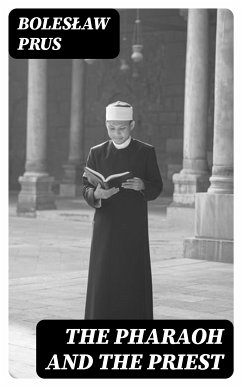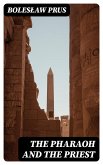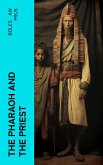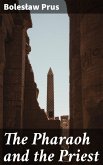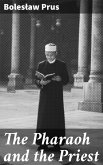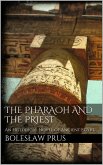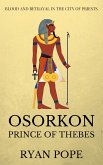Boleslaw Prus's "The Pharaoh and the Priest" unfolds against the rich tapestry of ancient Egypt, offering readers a profound exploration of the political and spiritual dichotomies that define its civilization. Through the intricate narrative and vivid descriptions, Prus masterfully intertwines historical fact with philosophical inquiry, using a blend of realism and symbolic storytelling to depict the struggles between the ruling Pharaoh and the influential priesthood. This literary work is set within the context of 19th-century Poland, reflecting the author's concerns about authority, individual freedom, and moral integrity, mirroring his contemporary socio-political landscape. Prus, a prominent figure of Polish literature, draws from his deep intellectual roots in philosophy and social criticism. His background as a journalist and novelist equipped him with a unique perspective on human nature and societal structures, both of which resonate throughout this book. The author's commitment to realism, coupled with his fascination with the past, led him to delve into ancient hierarchies, drawing parallels and highlighting the timeless struggles between religion and state. This compelling novel is highly recommended for readers intrigued by historical fiction that transcends its temporal boundaries. "The Pharaoh and the Priest" not only captivates through its vivid setting and engaging characters but also invites readers to reflect on the nature of power and belief, making it a pertinent read for anyone interested in the intersections of history, philosophy, and human values.
Dieser Download kann aus rechtlichen Gründen nur mit Rechnungsadresse in A, B, BG, CY, CZ, D, DK, EW, E, FIN, F, GR, H, IRL, I, LT, L, LR, M, NL, PL, P, R, S, SLO, SK ausgeliefert werden.

